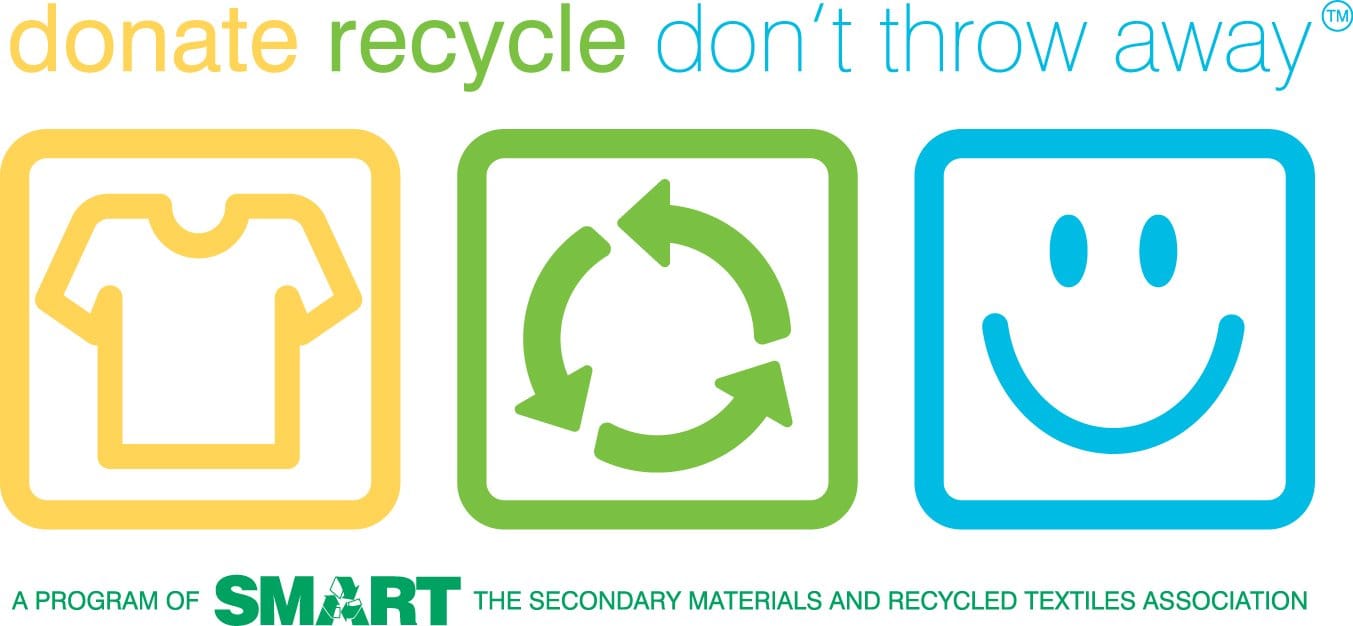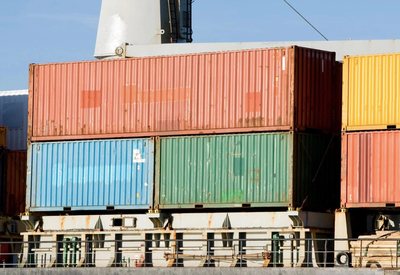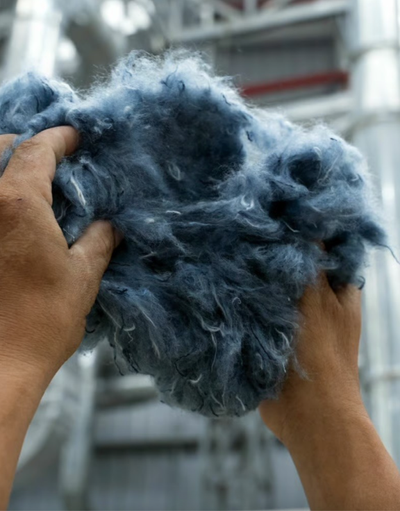The U.S. textile recycling industry is sounding the alarm over mounting global trade restrictions that threaten both economic sustainability and environmental progress. In formal comments submitted to the Office of the U.S. Trade Representative (USTR), the Secondary Materials and Recycled Textiles Association (SMART) is urging swift action to address unfair trade barriers that are restricting the export of secondhand clothing—a cornerstone of the circular economy.
Founded in 1932, SMART is a non-profit trade association representing small- and medium-sized businesses dedicated to textile reuse and recycling. These businesses play a pivotal role in diverting nearly four billion pounds of used clothing from landfills annually, supporting domestic jobs, and fuelling a global supply chain that provides affordable clothing to communities around the world.
“Unfair trade restrictions on secondhand clothing not only hurt U.S. businesses but also disrupt access to affordable clothing in developing markets,” said Jessica Franken, SMART’s Director of Government Affairs.
According to Franken, countries including Argentina, the East African Community, and El Salvador are among those enforcing bans or imposing tariffs that undermine the export of used textiles from the United States. While such policies are often presented as efforts to protect local industries or public health, SMART argues they overlook the critical demand for low-cost, high-quality clothing—and the economic livelihoods attached to it.
“Our members collect and process both pre- and post-consumer textiles,” said Franken. “Some of that material is converted into industrial wipes or insulation, but a significant portion—clothing that is still wearable—is resold, often internationally. This resale market is what makes the textile recycling business financially viable.”

Trade restrictions, Franken explained, limit access to key global markets, threatening jobs and businesses in the U.S. and abroad. They also disrupt the flow of secondhand goods that fuel local economies in developing nations. “In many communities, secondhand clothing isn't just a source of affordable apparel,” she said. “It's the foundation of entire local economies—from the sellers in open-air markets to the workers repairing garments for resale.”
The environmental cost is equally concerning. The inability to export reusable clothing means more material ends up in landfills—wasting resources and undermining efforts to reduce emissions, water use, and textile waste. “Reusing textiles extends their life, reduces demand for new production, and lowers the carbon footprint of the fashion industry,” Franken said. “The secondhand trade is a practical, effective way to advance sustainability on a global scale.”
SMART’s submission to USTR calls for collaborative engagement with countries enforcing these trade barriers. Among its specific recommendations are the removal of Argentina’s import ban—which could open a $170–$200 million market for U.S. exporters—and policy interventions through trade agreements such as the African Growth and Opportunity Act (AGOA) and CAFTA-DR to ensure reciprocal access for used textile products.
“Our goal is to work alongside USTR to identify the best tools—whether diplomatic, regulatory, or enforcement-based—to address these unfair restrictions,” said Franken. “This is about protecting American jobs, promoting sustainability, and ensuring that trade rules reflect the real-world value of secondhand goods.”
The broader issue, she emphasised, is policy alignment with circular economy goals. “Government regulations can either support or stall progress,” Franken noted. “What we need are thoughtful, consistent policies that allow secondhand goods to flow freely, encourage reuse, and ensure that good clothing doesn’t go to waste.”
For SMART, the path forward involves not only advocating at the federal level but also educating consumers and businesses on how to support textile circularity. Donating used clothing, choosing durable apparel over fast fashion, and backing fair trade practices all play a part in sustaining the industry.
“It’s not just about trade,” Franken concluded. “It’s about a global system where textiles are given a second life, where economies grow from reuse, and where sustainability isn’t a slogan—it’s a business model that works.”
Learn more about SMART’s work and advocacy at www.smartasn.org.






